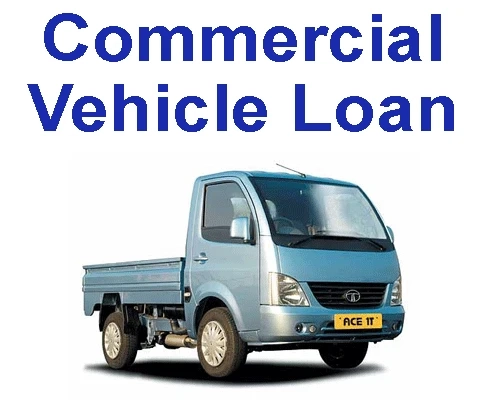Obtaining a commercial vehicle loan in India involves a few steps and considerations. Here is a guide to help you navigate the process:
- Research and Compare Loan Offers: Begin by researching and comparing loan offers from various financial institutions. Consider factors such as interest rates, lender reputation, prepayment policies, and other terms and conditions to find the best loan offer for your needs.
- Check Eligibility: Determine if you meet the eligibility criteria set by the lender. Eligibility requirements may vary, but they typically include factors such as employment stability, business experience, residential stability, and ownership proof of commercial vehicles.
- Application Process: Fill out the application form provided by the lender. This can usually be done online or offline, depending on the lender\'s offerings. Provide accurate and complete information in the application form.
- Document Submission: Prepare the required documents for the loan application. These documents may include:
- Filled out the application form with photographs
- A cheque for the processing fee
- KYC documents (proof of identity, age, residence)
- Income proof (salary slips, bank statements, ITR, Form 16)
- Proof of experience
- Proof of existing vehicle ownership (if applicable)
- Vehicle details and valuation report (if applicable)
- Other documents as per the lender\'s requirements
- Evaluation and Approval: The lender will evaluate your application and documents. They may also assess the vehicle\'s value and condition. Based on their evaluation, they will determine the final interest rate and loan amount they can offer you. If approved, you will receive a loan offer.
- Loan Disbursal: Once you accept the loan offer, the lender will initiate the loan disbursal process. The funds will be transferred to your account or directly to the seller/vendor for vehicle purchases.
Important Points to Consider:
- Credit History: Commercial vehicle loan may not require a credit score check for applicants, but having a good credit history can be beneficial for negotiating better terms.
- Processing Charges: Lenders typically charge a processing fee for the loan application. This fee is usually a non-refundable amount ranging from 2% to 4% of the loan amount.
- Loan Margin: The loan amount approved depends on factors such as your profile and the vehicle\'s value. While some lenders may provide up to 100% financing on the chassis, the exact loan margin may vary.
- Prepayment: Prepayment options and penalties may vary among lenders. Typically, part-prepayment is not allowed initially, but after a specific period, borrowers may be permitted to make prepayments with a penalty applied on the remaining amount.
- Collateral: Commercial vehicle loans generally do not require collateral. The vehicle being purchased is hypothecated to the lender as security until the loan is repaid. However, a guarantor or co-applicant may be required based on your profile.
- Resale: Until the loan is fully repaid, you will not be able to sell the vehicle. Once the outstanding amount is cleared, the lender will issue a No Objection Certificate (NOC), allowing the vehicle to be sold.
- Tenure and Interest Rates: Commercial vehicle loans typically have tenures ranging from 1 to 5 years. The interest rates can vary based on the vehicle and applicant\'s profile. Meeting the lender\'s eligibility criteria can help you secure lower interest rates.
Ensure you carefully review and understand the terms and conditions of the loan before proceeding with the application. Consider partnering with reputable financial institutions like Fullerton India, which offer customizable plans and attractive interest rates for commercial vehicle loans in India.



